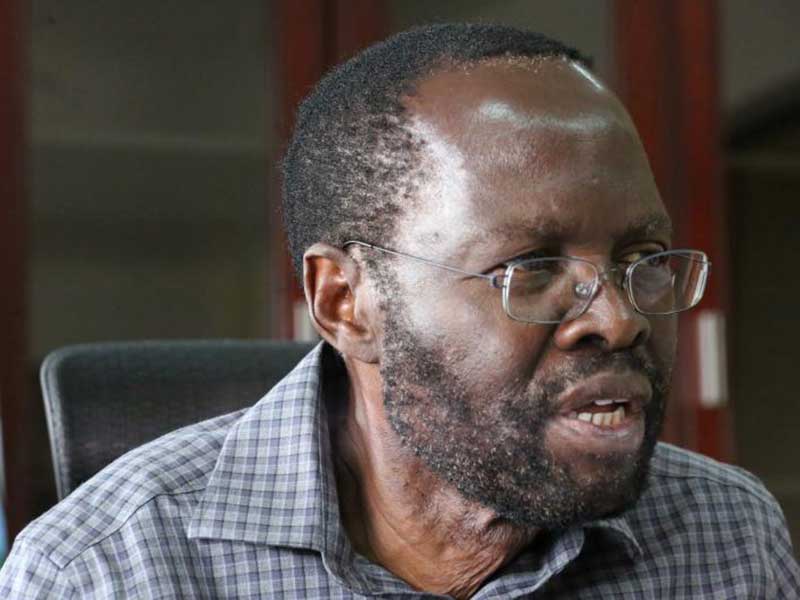×
The Standard e-Paper
Join Thousands Daily

The Kisumu county government has introduced a cashless revenue collection system as it fights to meet its revenue targets.
The government had been struggling to meet its Sh1 billion revenue target over the past five years.